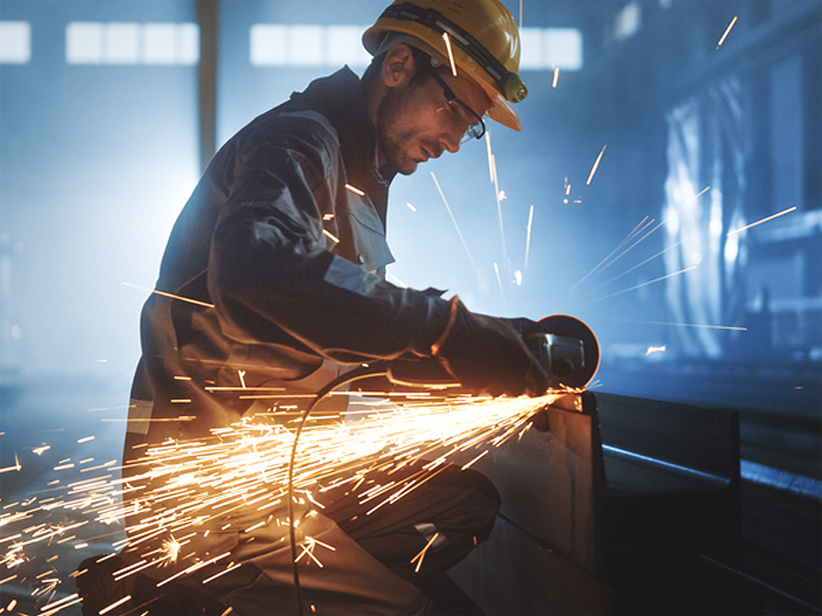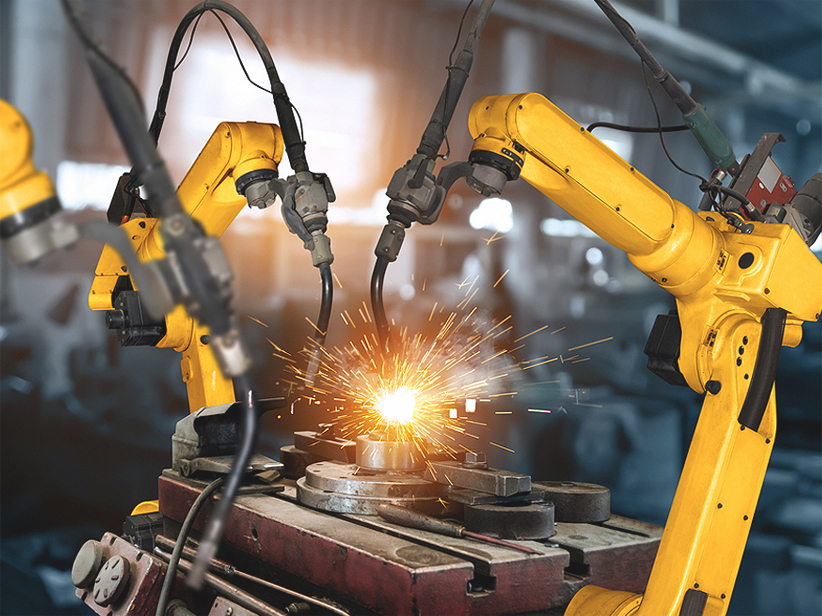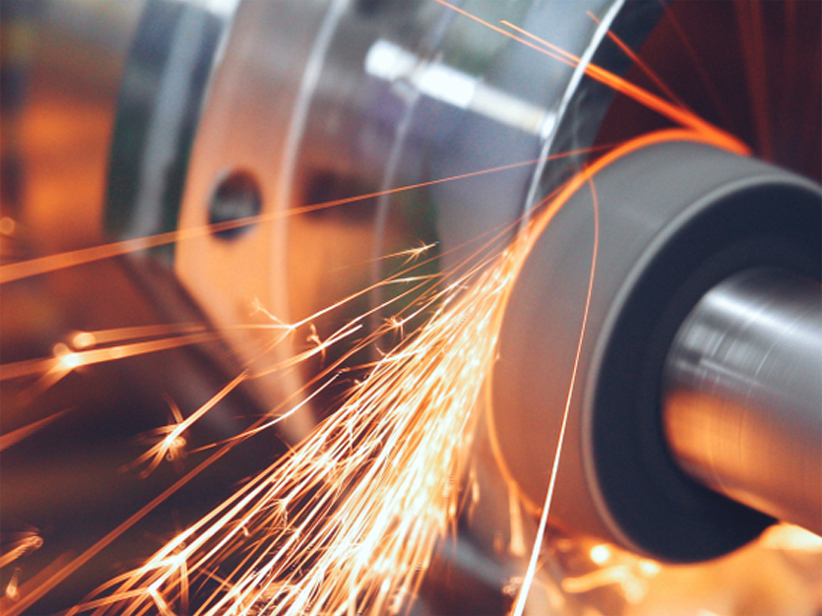Stainless Steel - Grade 321 / 1.4541
Description
Stainless Steel Grade 321/1.4541 is an austenitic stainless steel that is stabilized with titanium. It is designed to resist intergranular corrosion and maintain strength and toughness at elevated temperatures. This grade is particularly useful in applications where exposure to higher temperatures is a concern. Grade 321 provides excellent resistance to oxidation and corrosion in a variety of environments, making it a preferred material for many industrial and aerospace applications.
Chemical Composition
- Chromium (Cr): 17.0 - 19.0%
- Nickel (Ni): 9.0 - 12.0%
- Silicon (Si):≤ 1.0%
- Manganese (Mn): ≤ 2.0%
- Carbon (C): ≤ 0.08%
- Phosphorus (P): ≤ 0.045%
- Sulfur (S): ≤ 0.030%
- Titanium (Ti): 5 × C% min (typically 0.4% - 0.6%)
Mechanical Properties
- Tensile Strength: 515 - 750 MPa
- Yield Strength: 205 MPa
- Elongation: 40% (in 50 mm)
- Hardness: Max 201 HB
Thermal & Physical Properties
- Density: 7.9 g/cm³
- Melting Point: 1400 - 1450°C
- Thermal Conductivity: 16.2 W/m•K
- Specific Heat: 500 J/kg•K (at 25°C)
- Coefficient of Thermal Expansion: 16.0 x 10^-6 /K (20°C - 100°C)
Other Designations
- UNS:S32100
- AISI/SAE:321
- DIN:1.4541
- JIS: SUS321
Fabrication and Heat Treatment
Applications
- Aerospace: Components subjected to high temperatures, such as exhaust systems and jet engine parts.
- Chemical Processing: Equipment and piping in corrosive environments.
- Oil & Gas: Parts in equipment exposed to high temperatures and corrosive environments.
- Power Generation: Heat exchangers and furnace components.
- Automotive: Exhaust systems and other high-temperature applications.
Supplied Forms
- Bars
- Coils
Features
- Stabilized Composition: Titanium addition prevents carbide precipitation and enhances resistance to intergranular corrosion.
- High Temperature Resistance: Maintains strength and toughness in high-temperature environments.
- Corrosion Resistance: Good resistance to oxidation and corrosion in many environments.
- Fabricability: Easily welded and formed, suitable for various applications.
- Durability: Long-term durability in demanding applications.






